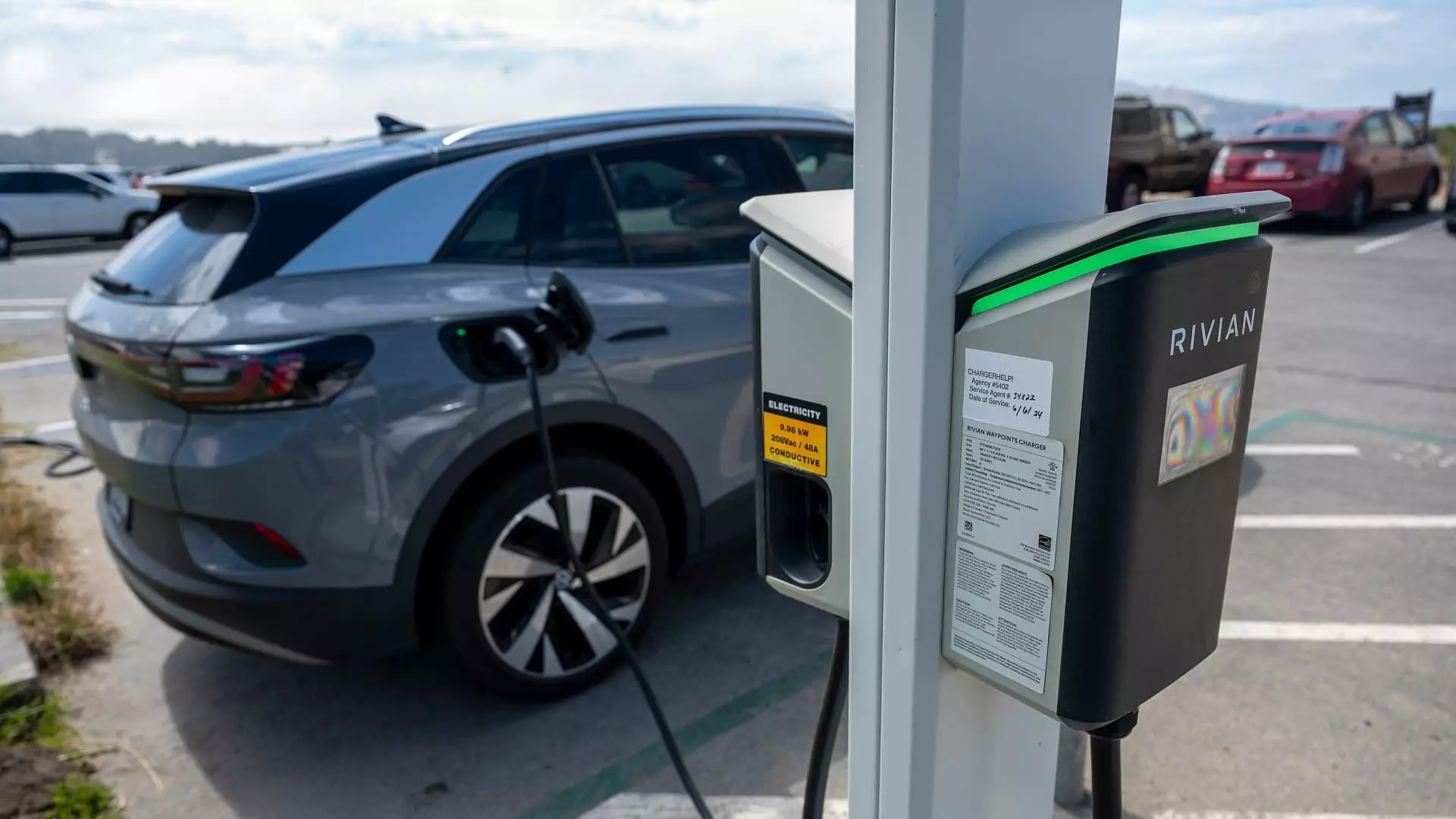When it comes to electric vehicles (EVs) versus traditional gasoline-powered cars, there is a common belief that EVs may save consumers money over the long term. While EVs can be more expensive upfront, the recurring costs for fuel and maintenance are generally lower. Experts suggest that the total lifetime cost of owning an EV can be lower than that of a gas vehicle.
The cost comparison between EVs and gasoline cars is not as straightforward as it seems. Factors such as the specific EV model, the location of the buyer, and the charging behaviors play a significant role in determining whether EVs are more cost-effective. Research indicates that as battery prices reduce, EVs are expected to reach cost parity with gasoline cars more easily.
According to data from Kelley Blue Book, the average consumer paid approximately $56,000 for a new EV in June 2024, whereas the cost for a gas-powered vehicle was around $49,000. While the initial cost gap is narrowing, EVs still come at a premium for most buyers. Car manufacturers have started reducing EV prices, and the federal government offers tax credits of up to $7,500 for qualifying EV purchases.
A study by Consumer Reports revealed that owning an EV could save a driver anywhere between $6,000 to $12,000 over the vehicle’s lifespan compared to a gas-powered model. The reduced need for repair and maintenance, combined with lower energy costs for recharging an EV, contribute to the potential long-term savings for consumers.
Research suggests that the financial benefits of owning an EV vary significantly based on the location and charging habits of the driver. Factors such as regional electricity prices, gasoline costs, and access to home charging stations play a crucial role in determining the total lifetime cost of an EV. For instance, states with lower gas prices may make it harder for EVs to break even financially.
The accessibility to home charging stations can significantly impact the cost-effectiveness of owning an EV. Public charging stations generally cost more than charging at home, especially in areas where residents can take advantage of lower electricity prices during off-peak hours. Research highlights that cities with lower electricity costs, higher gas prices, and incentives for EV purchases are more EV-friendly in terms of costs.
Studies comparing small, low-range EVs to gas vehicles of similar size across different cities indicate that EVs often have a less expensive total cost of ownership. Longer-range EVs, particularly those with about a 300-mile range, can also be cost-competitive without tax incentives, especially for smaller vehicles like compact cars and midsize sedans. However, the longest-range EV models, such as those with a 400-mile range, are still not as cost-competitive as gasoline vehicles, even with subsidies.
The debate over whether EVs are truly more cost-effective than gasoline cars is multifaceted. While EVs do offer potential long-term savings and environmental benefits, the actual cost-effectiveness depends on various factors such as the buyer’s location, charging behaviors, and access to incentives. As battery technology advances and prices continue to decrease, the cost parity between EVs and gasoline cars is expected to improve, making electric vehicles a more appealing and financially viable option in the future.


Leave a Reply